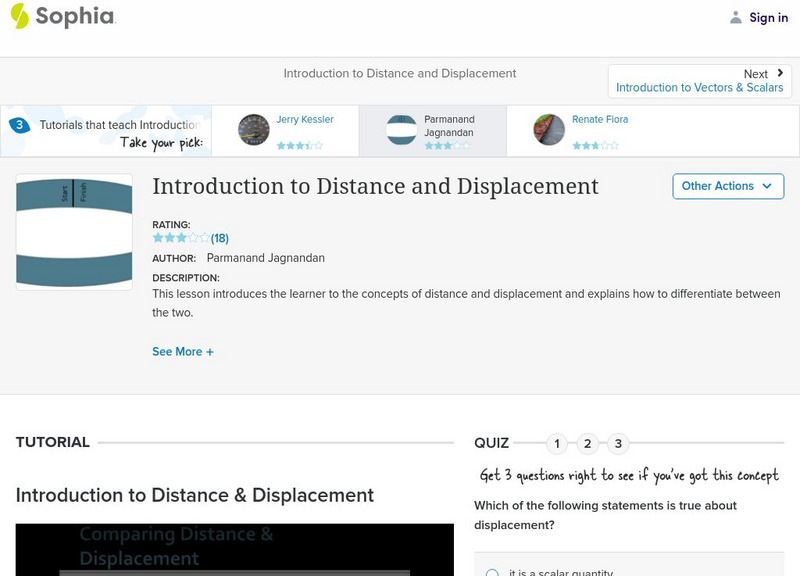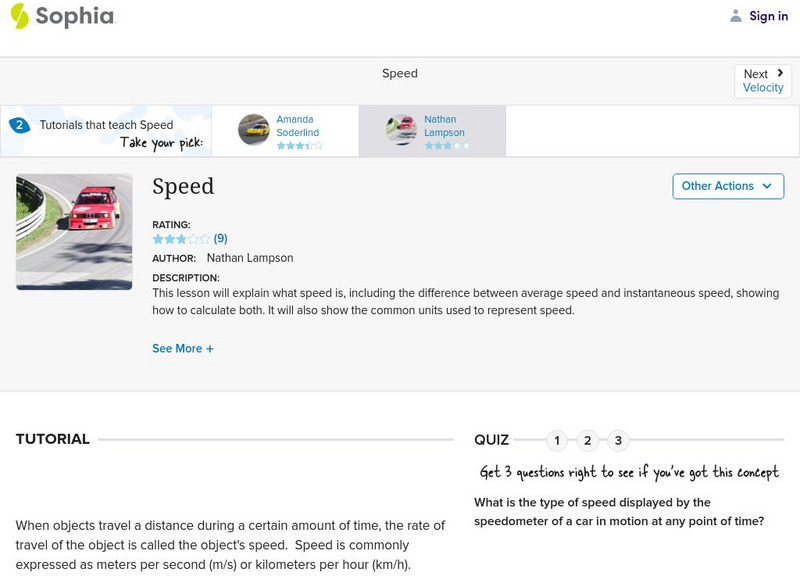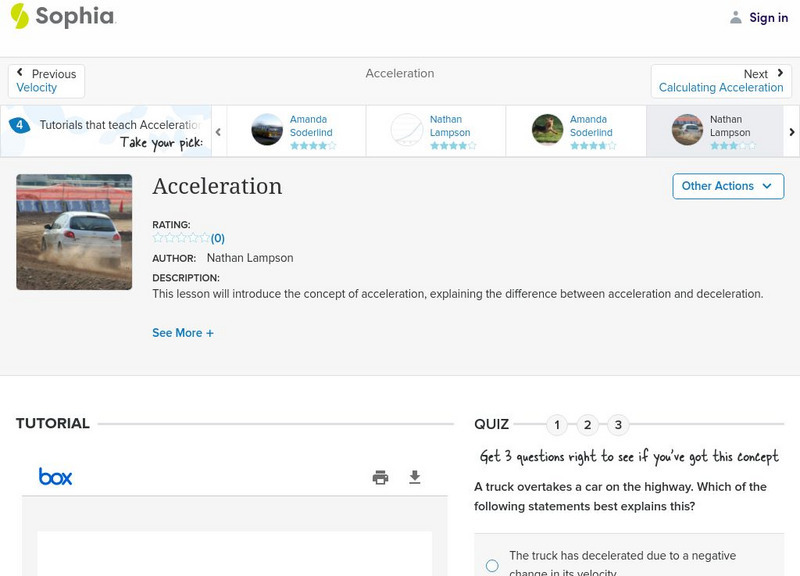University of Regina (Canada)
University of Regina: Math Central: Middle Years Word Problems: 1999
An archived collection of real-life word problems for middle school middle schoolers, several of which involve money. Other problems focus on distance or time.
Scholastic
Scholastic: Dirtmeister's Science Reporters: Simple Machines: The Screw
Scholastic provides an in-depth description here of a simple machine called The Screw. Also provides a picture and several examples for understanding.
University of Toronto (Canada)
University of Toronto: Why the Midpoint Formula Works
A written proof that shows how the midpoint formula works.
Rice University
Rice University: Cynthia Lanius: Mathematics of Cartography: Scale
Definition of map scale with related cartography links and activity at Mapblast in which students create maps of their own and determine distance and scale.
Rice University
Rice Univ.: Cynthia Lanius: Mathematics of Cartography: Mathematics Problems
Web-based cartography exercises based on the online "How far is it" distance caclulator.
Virginia Commonwealth University
Virginia Commonwealth Univ.: Work Definitions
This site from the Virginia Commonwealth University gives good information on the definition of work using nice graphics and interactive questions. Immediate feedback on student answers is provided.
Hunkins Experiments
Hunkin's Experiments:how to Measure the Height of a Tree
Hunkin's Experiments is a group of simple cartoon illustrations of scientific principles. Some would work well in the classroom, but others have little value beyond entertaining students. All of the projects are easy to do. This part...
Science and Mathematics Initiative for Learning Enhancement (SMILE)
Smile: The Great Tin Race
This activity is a great way to show distance and time relationships while incorporating charts and graphing. Different sized tins are raced against each other, and data is collected.
University of Saskatchewan (Canada)
University of Saskatchewan: Absolute Value and Distance
Absolute Value is the distance from zero on the number line or the distance between two points. This site from the University of Saskatchewan has examples and learning exercises for a better understanding of absolute value. Site by...
TED Talks
Ted: Ted Ed: The Moon Illusion
Andrew Vanden Heuvel unravels the details of focus, distance, and proportion that contribute to the mystifying optical illusion. [4:09]
PBS
Pbs Teachers: Whirlybirds [Pdf]
Predict and determine the frequency of an event and measure to the nearest centimeter while constructing whirlybirds in a simulation of a parachute jump competition.
Middle School Science
Middle School Science: Balloon Powered Race Cars
An idea developed by a physical science teacher who applied Newton's Laws of Motion in creating a balloon powered race car. Find simple objective, materials, rules, and procedures.
Sophia Learning
Sophia: Introduction to Distance and Displacement: Lesson 3
This lesson introduces the learner to the concepts of distance and displacement and explains how to differentiate between the two. It is 3 of 3 in the series titled "Introduction to Distance and Displacement."
Sophia Learning
Sophia: Introduction to Distance and Displacement: Lesson 1
This lesson introduces the learner to the concepts of distance and displacement and explains how to differentiate between the two. It is 1 of 3 in the series titled "Introduction to Distance and Displacement."
Sophia Learning
Sophia: Speed: Lesson 2
This lesson will explain what speed is, including the difference between average speed and instantaneous speed, showing how to calculate both. It will also show the common units used to represent speed. It is 2 of 2 in the series titled...
Sophia Learning
Sophia: Velocity: Lesson 3
This lesson will introduce the concept of velocity, explaining what it is, how it is calculated, and common units used to represent it. It is 3 of 3 in the series titled "Velocity."
Sophia Learning
Sophia: Acceleration: Lesson 10
This lesson will introduce the concept of acceleration, explaining the difference between acceleration and deceleration. It is 10 of 10 in the series titled "Acceleration."
Sophia Learning
Sophia: Acceleration: Lesson 9
This lesson will introduce the concept of acceleration, explaining the difference between acceleration and deceleration. It is 9 of 10 in the series titled "Acceleration."
Ducksters
Ducksters: Physics for Kids: Work
Kids learn about work in the science of physics and the laws of motion including units and measurement. Calculate work using force times distance.
National Council of Teachers of Mathematics
Nctm: Figure This: Gasoline Tanks
Inquiring minds want to know, how far can you go on a tank of gas? See if you can figure out this math challenge that explores rate, distance, and time. A one page activity from the NCTM Math Challenges for Families series. Application...
ClassFlow
Class Flow: Pre Algebra Problem Solving
[Free Registration/Login Required] This flipchart contains manipulatives for creating addition and subtraction problems using positive and negative numbers. There is an example problem which teachers can use to help design their own...
ClassFlow
Class Flow: Speed
[Free Registration/Login Required] Students apply a formula to solve problems involving speed, distance and time.
ClassFlow
Class Flow: The Big Bang
[Free Registration/Login Required] Students often have a difficult time comprehending the timescale and distances of the universe. I have used this flipchart to start the discussion of the formation of our universe and how we know about...
Varsity Tutors
Varsity Tutors: Hotmath: Algebra Review: Rate Time Distance Problems
Find a quick, concise explanation of how solve rate-time-distance problems. Examples are given and clearly explained.



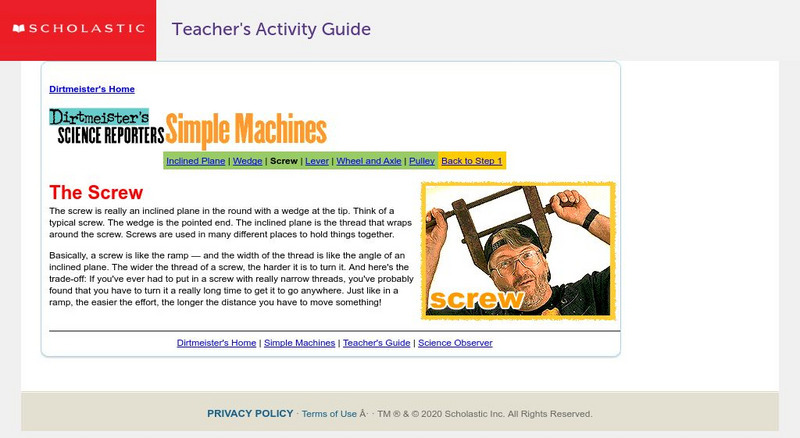

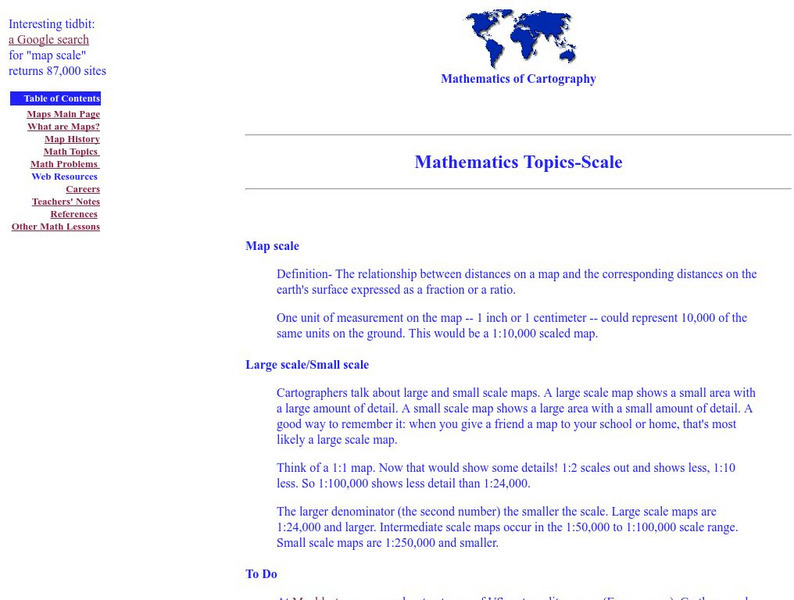
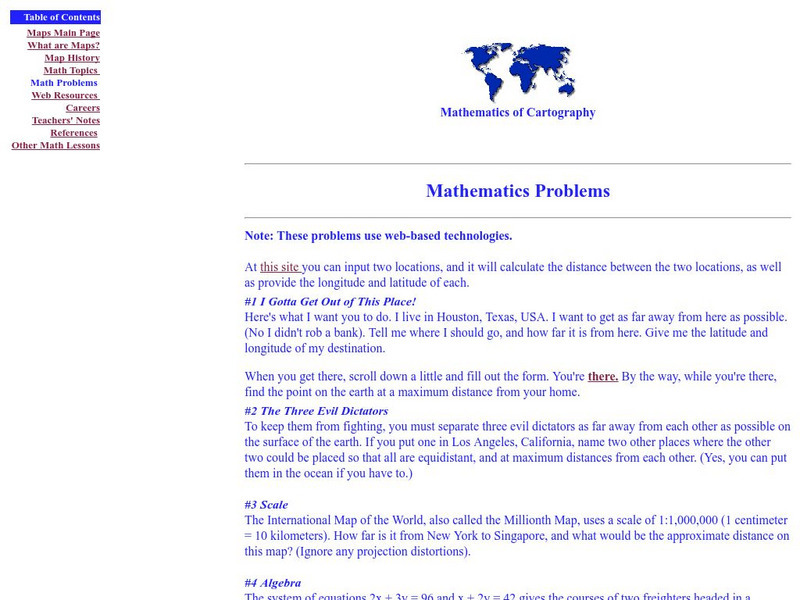

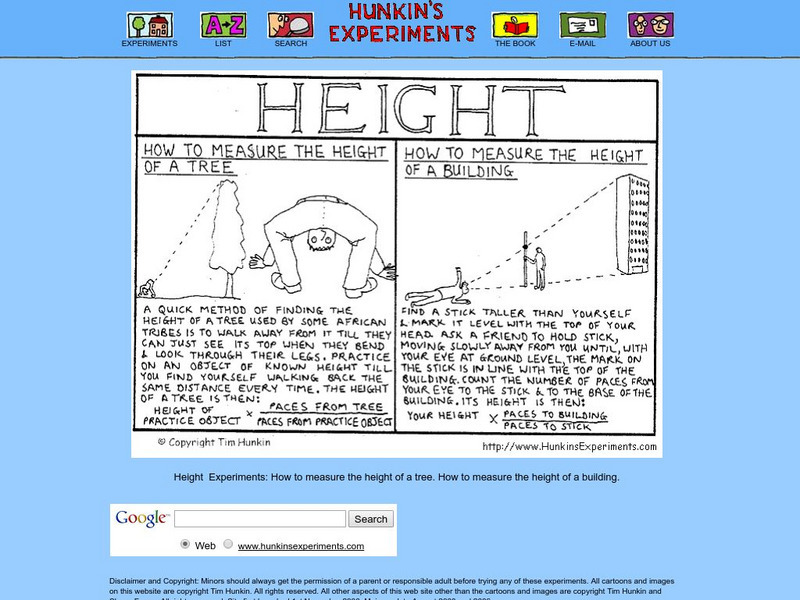
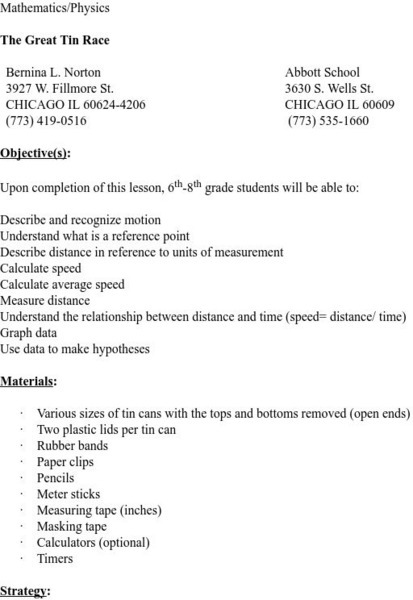
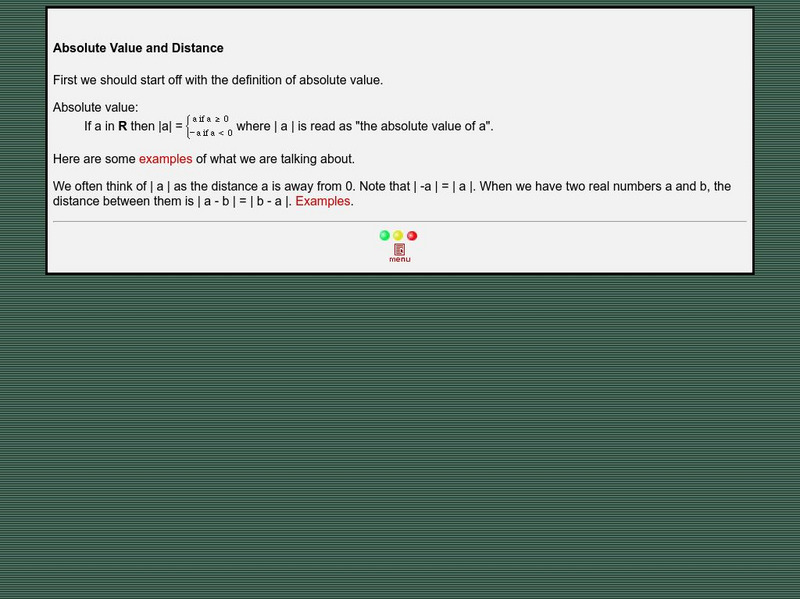

![Pbs Teachers: Whirlybirds [Pdf] Lesson Plan Pbs Teachers: Whirlybirds [Pdf] Lesson Plan](https://d15y2dacu3jp90.cloudfront.net/images/attachment_defaults/resource/large/FPO-knovation.png)

